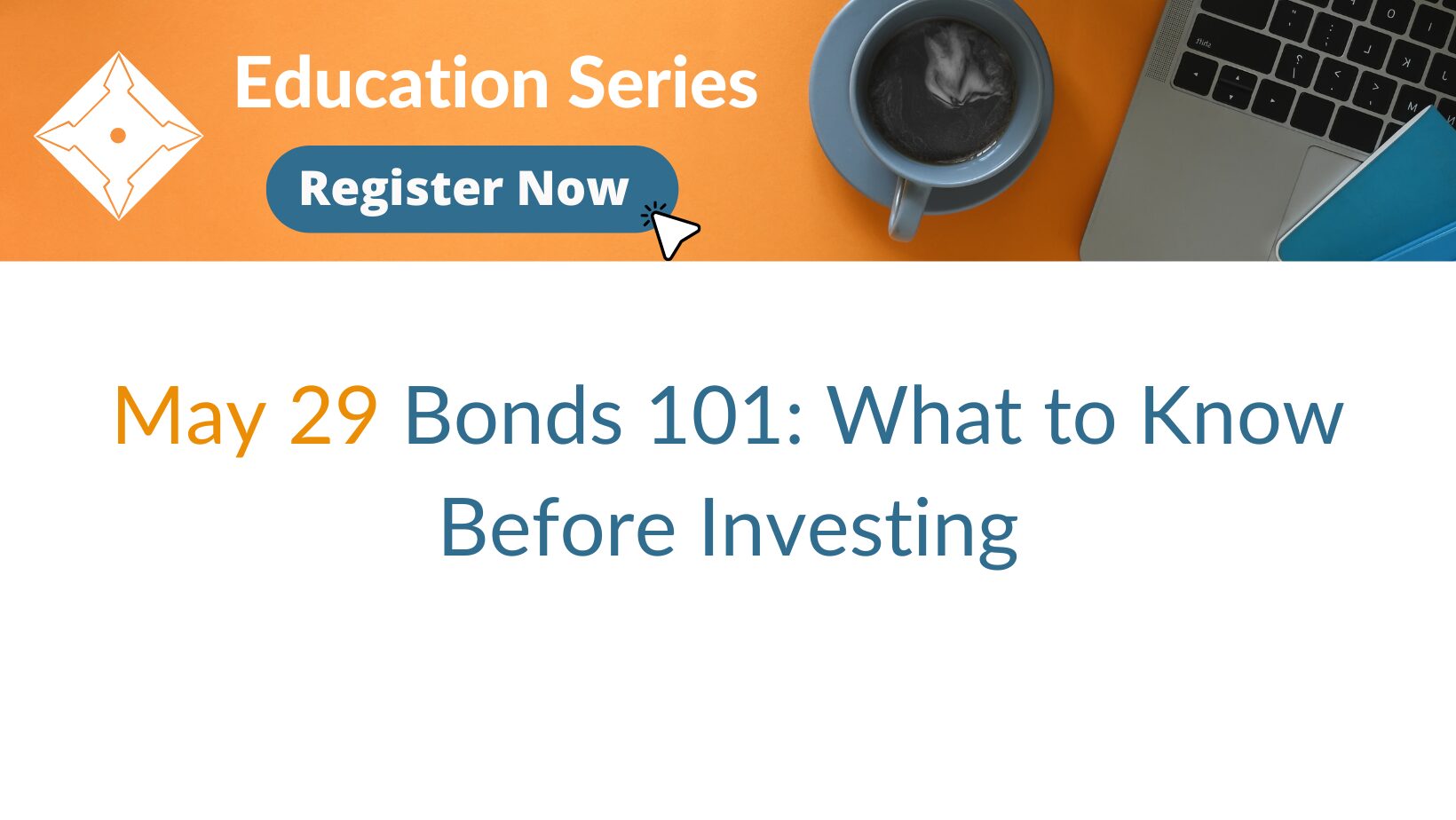Investor’s Behavior During Market Fluctuations


If you watch financial news, especially during market fluctuations, you have undoubtedly heard “the markets hate uncertainty” phrase repeated ad nauseam, and I hate it. It’s a tired cliché and offers no insight into the present or future issues at hand. The future is always uncertain, but often pundits who use that phrase are referring to the rules of the road or their expectations of what they believe should happen.
The economic recession resulting from our social distancing efforts has been swift and deep, affecting all facets of the economy and, quite notably, our portfolios. So, in these “uncertain” times, what lessons and principles should we remind ourselves of?
Uncertainty kicks in our fight or flight instincts, which in turn drives stress and panic. During such episodes, we are prone to extrapolate the current state infinitely into the future and convince ourselves that things will only get worse. The clinical term is called the Negativity Effect or Bias. Famed investor Peter Lynch is quoted saying, “far more money has been lost by investors preparing for corrections or trying to anticipate corrections than has been lost in corrections themselves.”
Through all periods of market fluctuations, investors have tried to beat the odds of timing the tops and bottoms, though few have successfully and consistently pulled it off. What should we do amid all this uncertainty? Look to your sphere of control and focus on controlling the controllable. Since the future is uncertain, what we know we can control is:
- Ensuring our portfolio is diversified
- Knowing costs
- Understanding behavior
Your investments should match your goals. This determines your asset allocation and the risks you are taking. Diversification and rebalancing your risk levels are the only “free lunches” or actions we can take to manage and mitigate the risks in your portfolio. If your entire portfolio is all going up at the same pace, chances are pretty good it’s going to do the same thing in the opposite direction. A well-constructed portfolio will get you through the good, bad, and ugly.
There’s an adage that says cost matters in the absence of value. Investors must understand to whom they are paying for what. Consider if what you are receiving is comparable to its cost. Having someone who helps you organize your financial life, who helps you make sound financial decisions during market fluctuations, and who gets you through a crisis is where an advisor’s value becomes vital.
Investor behavior will have a large impact on lifetime returns and the ability to achieve goals. Financial planning is not about one big decision such as, “I’m saving for retirement,” but rather a lifetime series of short-term decisions that can impact long-term goals. Our saving patterns can get hijacked by the death of a thousand cuts, like, “It’s only $20,” multiplied five times a day. Behavioral finance folks call that hyperbolic discounting. While the markets and our caveman brains hate uncertainty, managing our fight or flight urge of buying stocks when they’re going up and selling when they’re going down is a critical component of getting through uncertainty.
In today’s society, we are used to the idea of being able to control just about everything. You’re cold, turn up the heat. You need milk and bread, it can be on your doorstep in a matter of hours. The known unknown, to borrow a phrase from Donald Rumsfeld, is the future is uncertain. We should, however, look to the things that are known and certain and focus our attention there.
About the Author:
Nathan Boxx, AIF®, CFP®
Director of Retirement Plan Services
Fort Pitt Capital Group, LLC
680 Andersen Drive, Pittsburgh, PA 15220
(412) 921-1822 | nboxx@fortpittcapital.com


